Our research focuses on sensory and motor aspects of neural control for speech, voice, and swallowing function across the age and health spectrums. Using neuroimaging in combination with a variety of clinical measures and cutting-edge analysis approaches, we are able to address key issues that directly impact clinical care.
Current Projects
Acoustic Correlates of Listener Perceptions Regarding Speaker Characteristics:
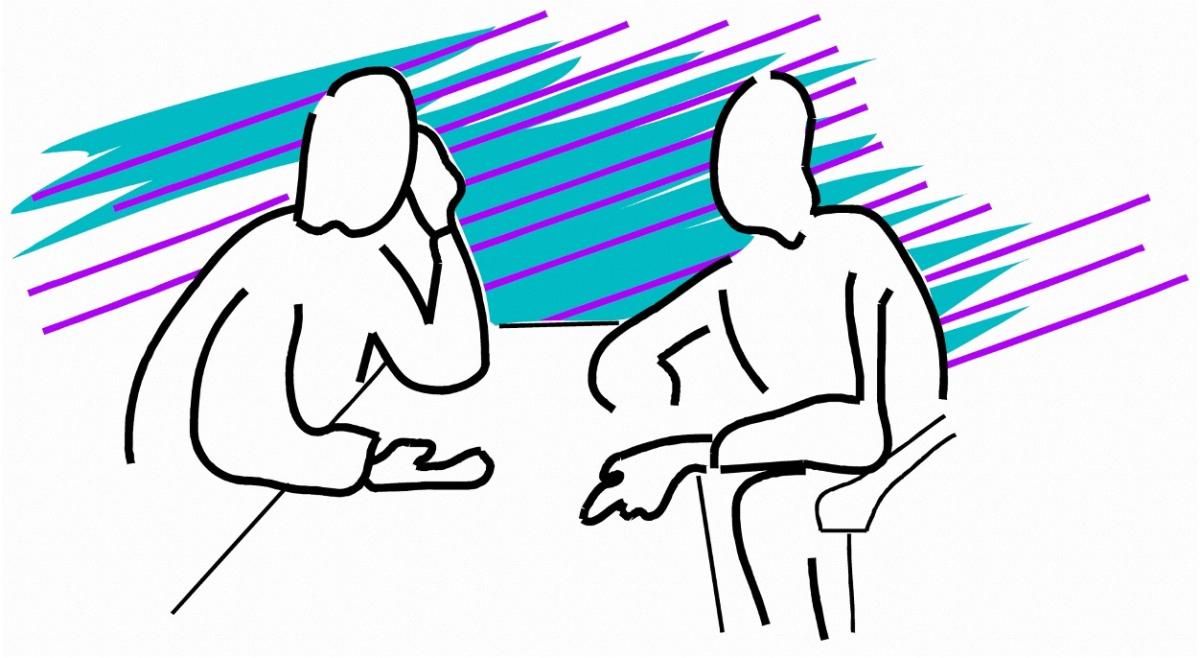
This work is supported by UCARE and explores the relationships between communication characteristics, perceptions about communication, and speaker/listener demographic factors to help clinicians and clients better understand how various communication features might be interpreted by listeners. Currently we are recruiting volunteers to participate in one recording session that includes spontaneous conversation and reading a short passage aloud. If you are at least 19 years of age and interested in participating, please contact us via email at sisclab@unl.edu.
Relationships Between Swallowing Exercises, Neuroplastic Changes, Blood-Derived Growth Factors, and Behavioral Measures: 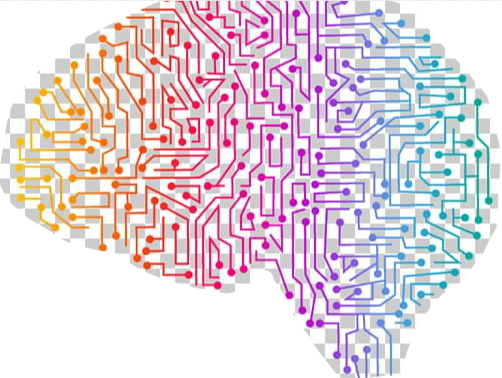
The goal of these studies is to better understand how various exercises influence relevant functional behaviors as well as the impact of those exercises on underlying neural networks and markers of readiness for neuroplastic change. The findings will inform clinical decisions regarding selection of specific exercises and appropriate dosing to maximize dysphagia recovery.
Community-Centered Communication Services for Gender Affirmation:
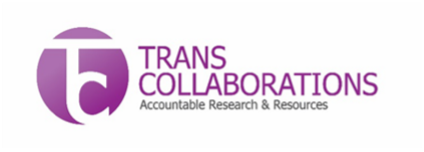
In collaboration with colleagues in the University of Nebraska-Lincoln's Psychology department and the Trans Collaborations community board, this work explores the relationships between communication characteristics, perceptions about communication, and social/emotional factors across the gender spectrum. The study includes participants receiving communication-related gender affirmation services through University of Nebraska speech-language clinics in Lincoln and Kearney.
Taste Perception of Liquids and Dissolvable Films Across Age Groups:

The researchers hope to learn how different flavors and consistencies will affect perceptions of taste. The focus is on measuring the difference between varying flavors of liquid solutions and dissolvable taste strips to determine the effects across age groups. Investigators hope that the information obtained through this research will help identify the best ways to treat swallowing problems in people with injuries or illnesses that affect their ability to eat and drink safely. We have completed data collection for this study and are analyzing results.
The Effects of Taste Manipulation on Brain Activity and Swallowing Mechanics:
This study assesses the effects of taste stimuli on brain activity and swallowing biomechanics. Participants swallow differently-flavored taste stimuli during moving x-rays of swallowing (videofluoroscopic swallowing studies; VFSS) and fMRI studies. The VFSS images will be analyzed using a coordinate system to track the many movements that occur simultaneously during a swallow. These results will be correlated to the results of the fMRI analysis of brain activity in key areas related to swallowing. The long-term objectives of this work are to identify taste profiles that have advantageous effects on swallowing, and then determine whether they can contribute to faster and more complete recovery after injury and illness. Recruitment and data collection have been completed for the initial phase of this study, and we are analyzing the data obtained in preparation for next steps.
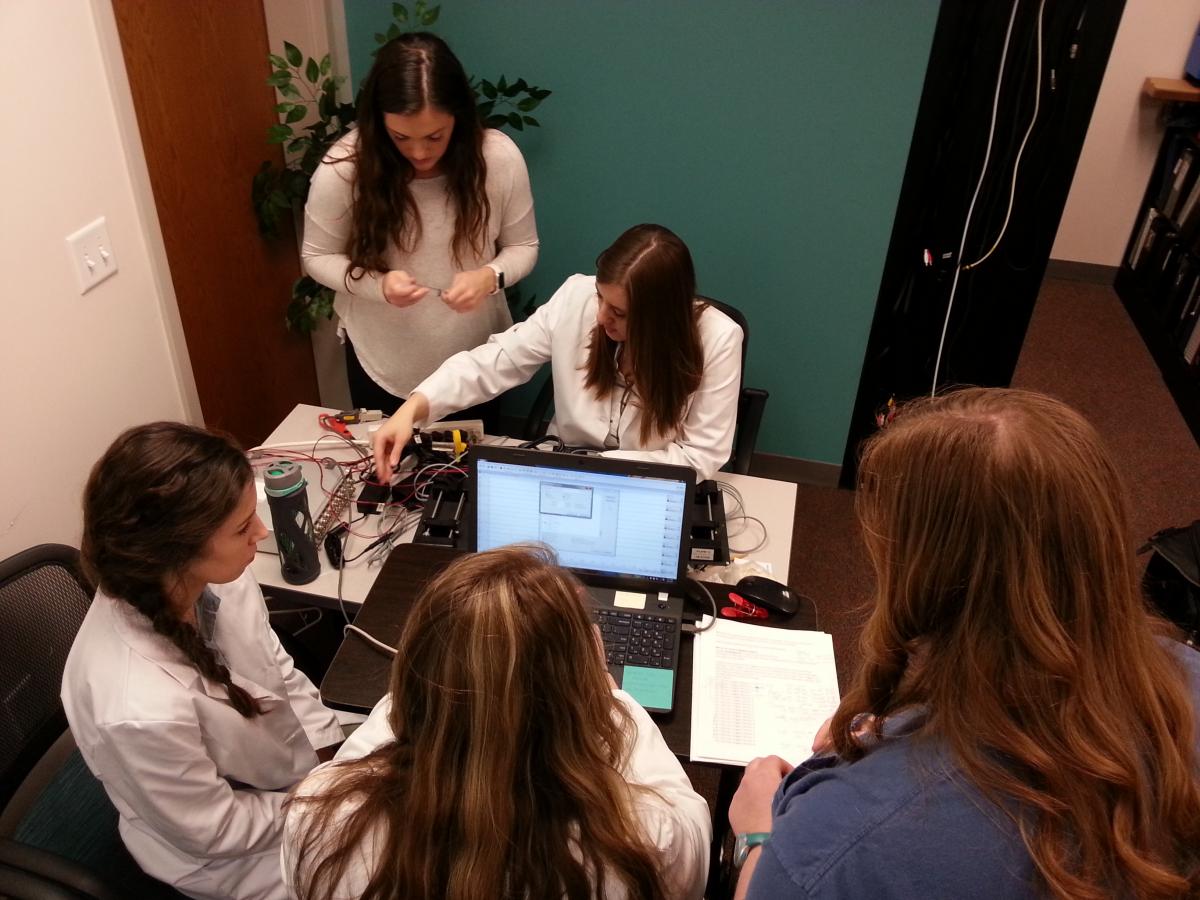
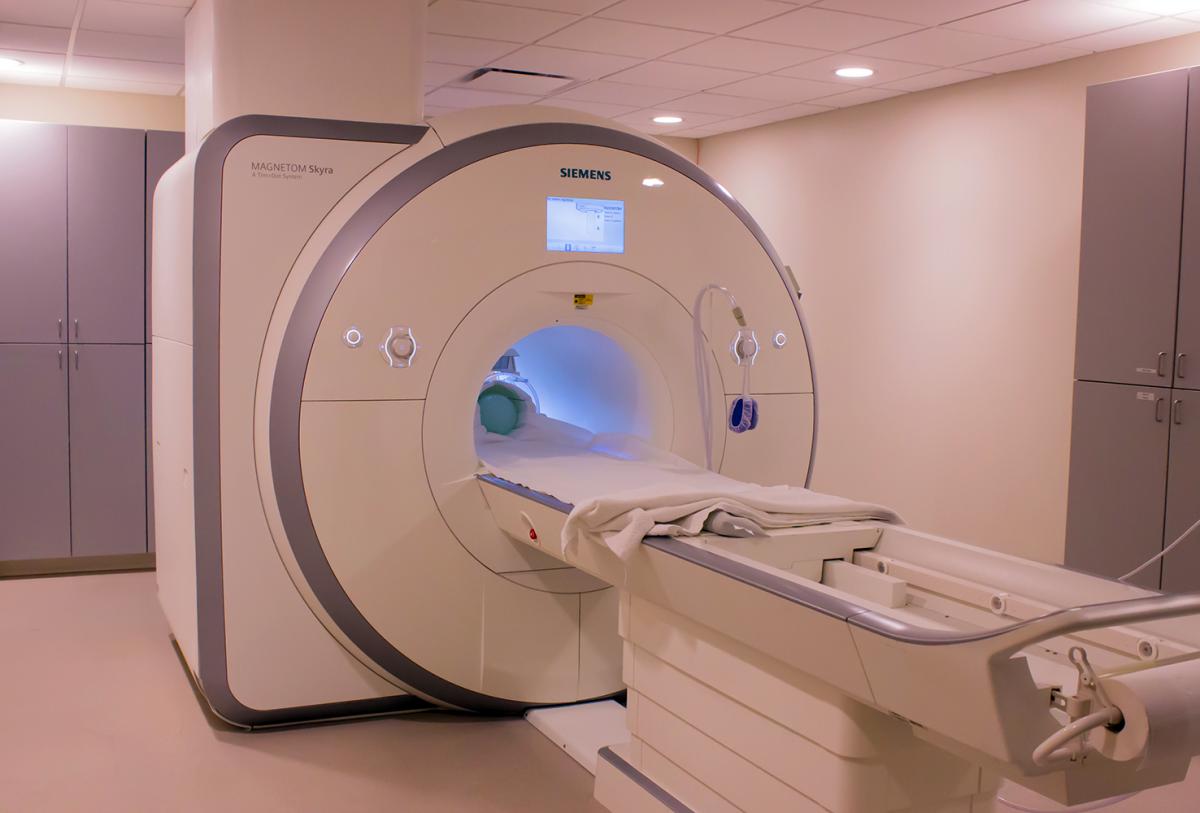
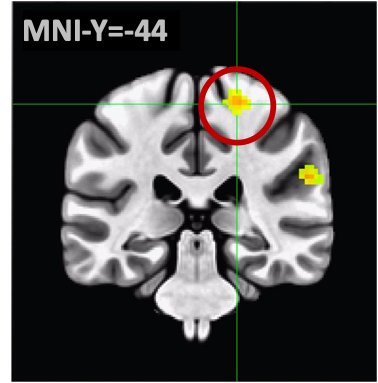
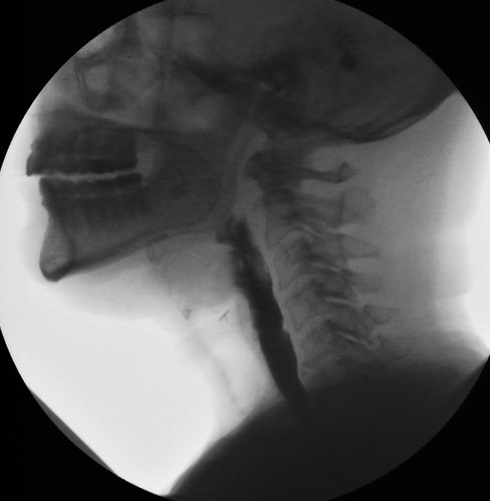

Understanding Dysphagia Management Practices Through Infomatics:
This project is harnessing the rich data present in existing de-identified medical records from partnering hospital systems to characterize the relationships between injury/illness, dysphagia symptoms, treatment strategies, and recovery patterns. The long-term objectives are to identify predictors of swallowing problems and recovery, as well as areas for future prospectively-designed clinical research.